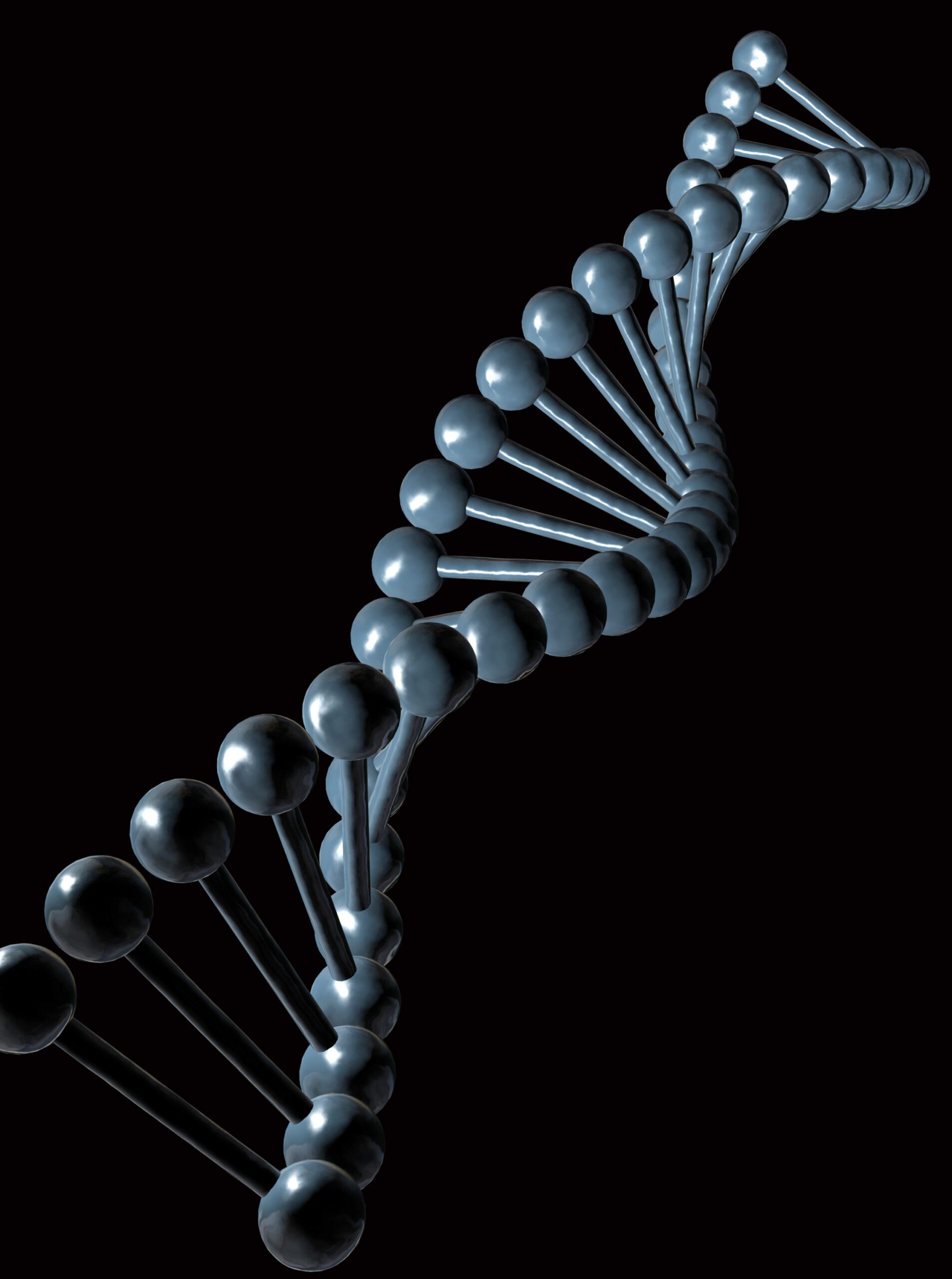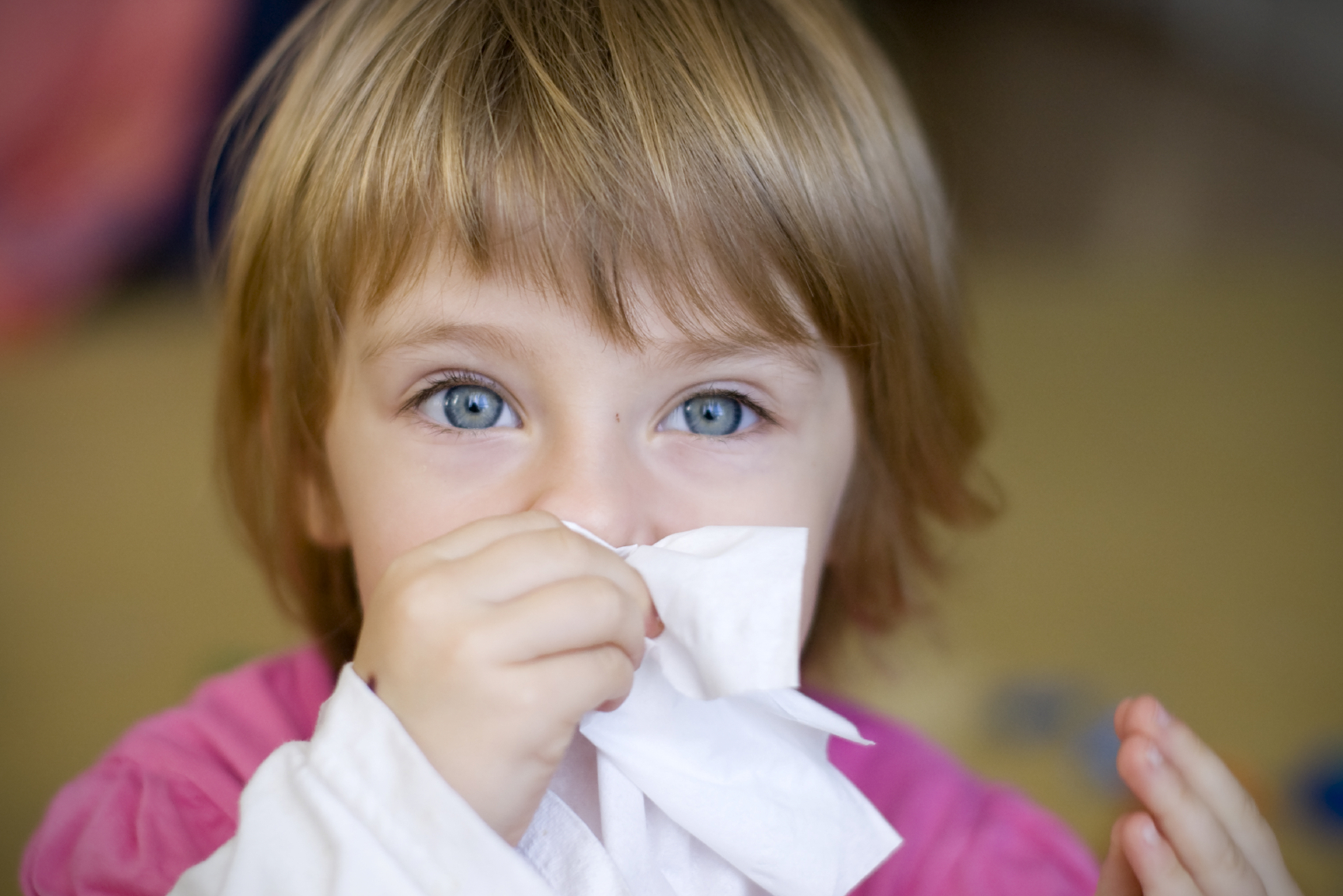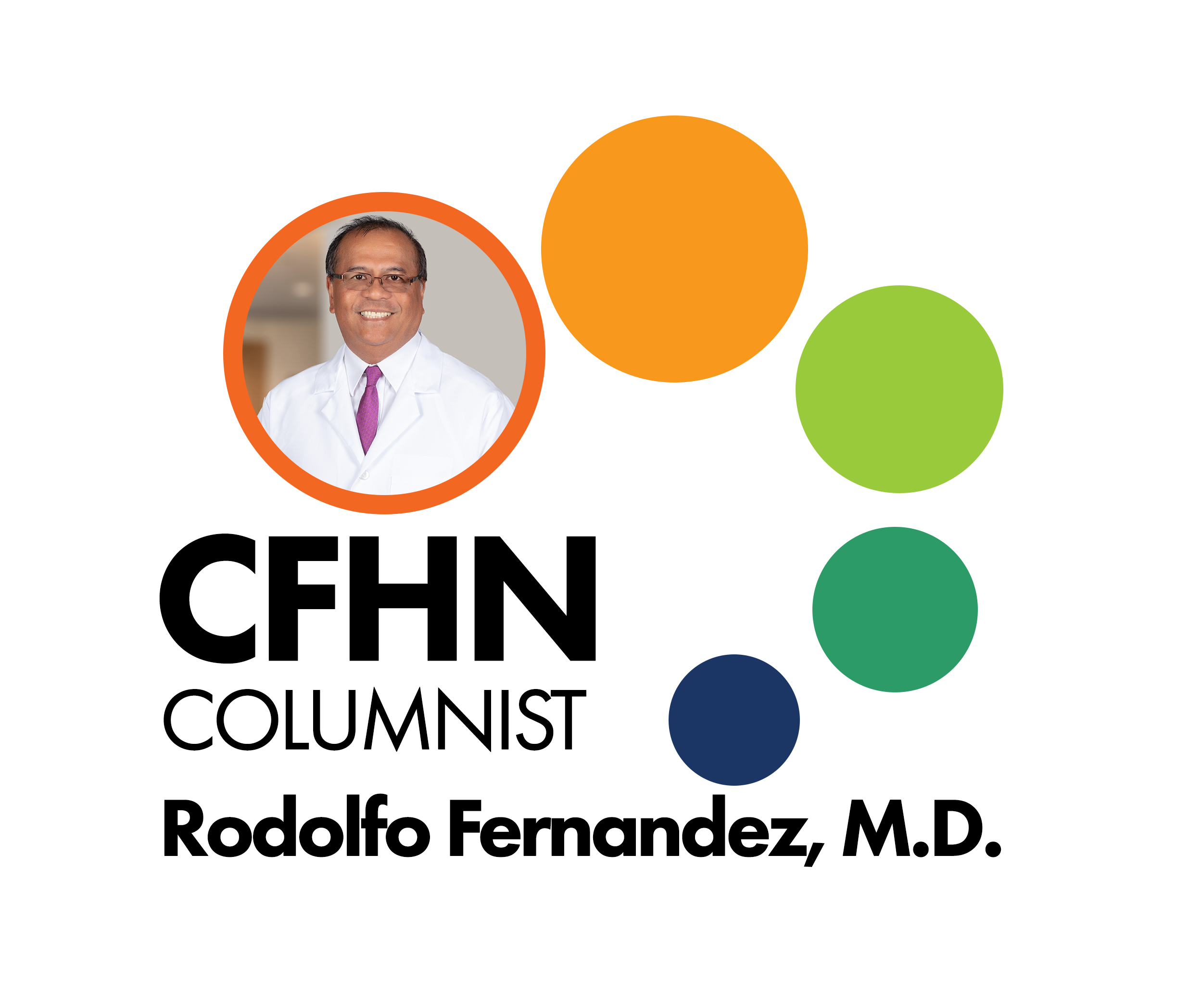
Health News
Features
-
High-Tech Hope
Advances offer prostate cancer patients many options for a cure “Every man dies, but no man needs to die from prostate cancer,” says Dr. William Catalona, a renowned urologist at Northwestern Medical Center. To many men, receiving a diagnosis of prostate cancer might sound like a death sentence. However, as technology advances for earlier detection…
-
‘Ferris’ at 5?
How to tell if your child is playing sick Lyss Stern’s son was only 5 years old when he started playing sick to get out of going to school. But the tot was no Ferris Bueller. It was his ostensible clairvoyance that gave him away. At bedtime, he would announce, “Mommy, I know my throat…
-
The technology behind a healthier smile
In the field of dentistry, two treatment options have made significant advances in the technology behind a healthier smile: laser gum treatment and dental implants. Four out of five adults have gum disease, which can have serious health implications. A trained, certified clinician at Dr. Walding’s office can now treat gum disease with LANAP® protocol,…
Columns
-
Abdominal Aortic Aneurysm
An aneurysm is a “weakening” or “dilatation” in a part of an artery. An estimated 15,000 people die of ruptured abdominal aortic aneurysm (AAA) every year in the US. About 200,000 new cases of AAA are diagnosed every year. Most of these are diagnosed by tests that are done for unrelated reasons. The aorta is…
-
What Is Musculoskeletal Oncology?
Musculoskeletal oncology is a branch of orthopedic surgery that specializes in diagnosing and treating tumors that occur in the body’s bone or connective soft tissues, including muscle, fat, fibrous tissue, nerve and blood vessels. When these tumors are malignant or cancerous, they are referred to as “sarcomas.” Although these types of tumors are relatively rare,…
-
Reducing Your Health Risks With Vaccines
Vaccines are one of the best ways to reduce your risk of illness and the spread of disease. Serious research has gone into making vaccines that are safe, efficient and effective for all ages. Who Needs Vaccines? Adults and children need vaccines to reduce health risks. The types needed may depend on your age, health…





